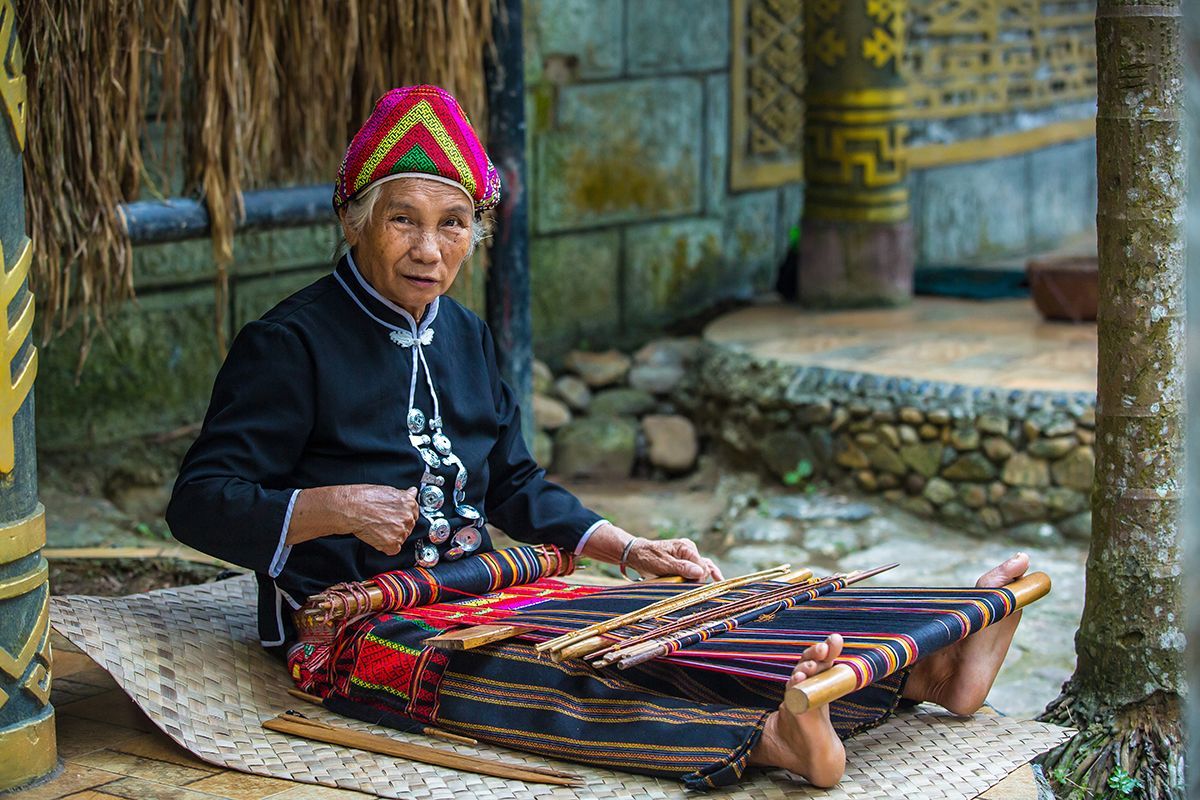© This article is an extract from Paul Hattaway's epic 656-page China’s Book of Martyrs, which profiles more than 1,000 Christian martyrs in China since AD 845, accompanied by over 500 photos. You can order this or many other China books and e-books here.
1900 - Sang Aiqing & Family
August 1900
Taigu, Shanxi
Dr. Sang Aiqing and her husband, killed because of their faith.
Among the dozens of Chinese Christians who perished at Taigu was the beloved Sang family. Dr. Sang Aiqing and her husband both hailed from faraway Shandong Province in eastern China. She had grown up in a comfortable Christian home and had obtained a medical degree in a school associated with the Presbyterian mission. Her husband for several years had been serving with the China Inland Mission in Shanxi Province. He was back visiting friends and family in Shandong when he met and married Aiqing.
The newlyweds made the long journey to Shanxi, where they studied medicine together under the leadership of Dr. Hall, one of the American Board missionaries at the village of Li Man. In the spring of 1899, the dispensary was moved from Li Man to Taigu, where the Sangs commenced their important work. Sang “helped Dr. Hall with the men patients, and Dr. Sang commenced her valuable medical work for women.”[1] Soon a little child brightened the Sang household. When the Boxer storm approached,
“No one was more brave and hopeful than Dr. Sang. Her wide experience of life, her well-trained mind, her deep religious nature, carried her through the fearful days with a quiet calm. Miss Bird wrote in her journal, ‘Mrs. Sang’s face is always cheerful.’”[2]
On July 12th the Christians at Taigu received word that their massacre had been set for eight days later. On the 14th the Sang family along with the Liu family, a teacher of the girls’ school named Ruth Fan, and a schoolboy named Chen Yu all fled to the mountains. They took refuge inside an abandoned temple about ten miles (16 km) from Taigu.
To survive, one of the men was required to buy food from a nearby village. After a few days the amount of food being purchased aroused the suspicion of the villagers. A man stealthily followed the courier back to the mountain hideout and reported it to the Boxers. Before the murderers arrived, the Christians received a false report that the situation had improved at Taigu.
Tired, dirty, and hungry, the Sang family and the other refugees decided to return to the town. That same day the mission station was attacked and all the missionaries were savagely exterminated. When the Sangs saw a thick column of smoke rising from the mission station, they again fled to the mountains. They came across a cemetery and spent the night there, but a man saw the group, and, knowing they were Christians because of the women’s unbound feet, reported it to the Boxers.
The next morning a group of Boxers approached the desperate group and took their watches, money, and everything of value. The local people didn’t want the Christians’ blood spilled near their homes and pleaded with the Boxers to take their captives back to Taigu. All of a sudden “one of the Boxers suddenly became ‘possessed of the gods,’ and leaping up in a frenzy…three of them lay dying at his feet, one of them a little babe [the Sangs’ child], which he slashed remorselessly when he heard its cry. The others were soon slain.”[3]

1. Miner, China’s Book of Martyrs, 470-471.
2. Miner, China’s Book of Martyrs, 471.
3. Miner, China’s Book of Martyrs, 474.




